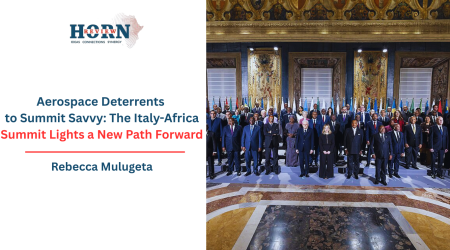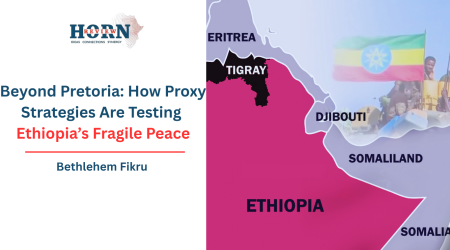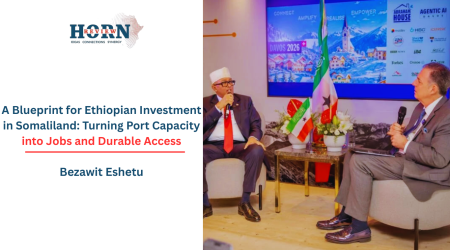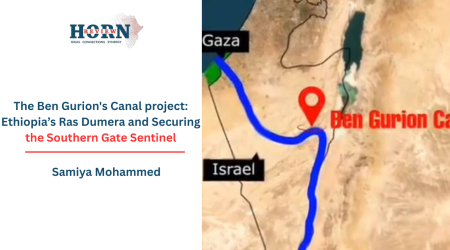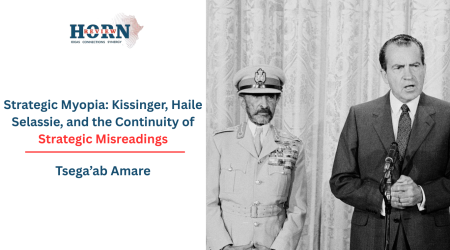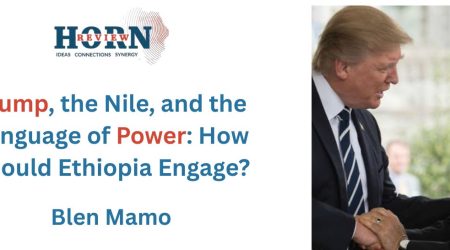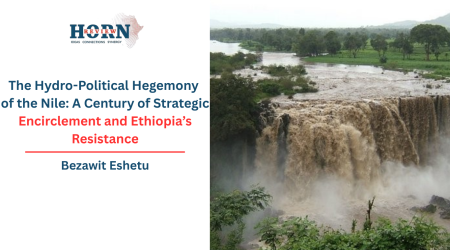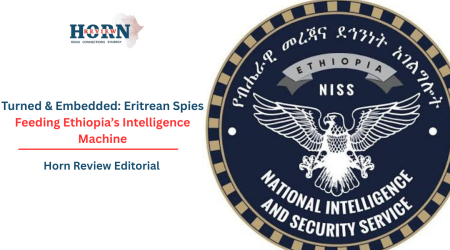
4
Oct
Ethiopia Rejects Egyptian Accusations: A Battle For National Interest And Regional Balance
Ethiopia’s Ministry of Water and Energy has issued a strong rebuttal to accusations from Egypt regarding the Grand Ethiopian Renaissance Dam (GERD), denouncing Cairo’s claims as “false, contradictory, and rooted in outdated notions of hydro-hegemony.”
In its October 4 press release, the Ministry described Egypt’s statement as “malicious and riddled with misrepresentations,” insisting that the GERD has not endangered downstream countries but rather protected them from catastrophic floods. To substantiate this, Ethiopia presented decades of flow data, contrasting historical peak floods of over 800 million cubic meters per day in August and 750 million cubic meters per day in September with the regulated releases from the GERD in 2025 – 154.7 million and 472 million cubic meters per day, respectively.
“The numbers speak for themselves,” the Ministry declared. “The regulated flow of water from the Blue Nile safeguards the life and properties of communities in the lower riparian countries by regulating the catastrophic flood that was the norm during the peak rainy season.” According to Addis Ababa, the heavy rainfall that hit the Ethiopian highlands this year would have caused “historical destruction” in Sudan and Egypt had the GERD not been in place.
The Ministry also rejected what it described as Egypt’s patronizing tone and attempts to “speak for its neighbors.” It underscored that Sudan’s own authorities had attributed recent floods to increased White Nile flows, climate change, and damaged infrastructure, not Ethiopia’s dam. By invoking Sudan’s statements, Ethiopia sought to demonstrate that Cairo’s narrative is politically motivated, aimed at misrepresenting Ethiopia’s actions to the international community.
Ethiopia’s response is not only defensive but also assertive, tying the GERD directly to its national interest and to Africa’s broader push for self-reliant development. The Ministry stressed that Ethiopia has the experience and professional capacity to manage its dams responsibly and that the GERD is a symbol of “the pride of Ethiopia, the Nile Basin countries, and Africa at large.”
Categorically rejecting Egypt’s position, the Ministry declared: “It is time that Egyptian authorities give up their delusions of hydro-hegemony in the Nile Basin and learn to adapt to the new reality where basin-wide cooperation for shared prosperity is the norm.”
For Ethiopia, this response serves a dual purpose: defending its sovereign right to harness the Abay River for development, while reframing the GERD as a regional stabilizer rather than a unilateral project. By insisting that cooperation with Sudan is ongoing and that the GERD reduces – not causes – flood risks, Addis Ababa is reinforcing its position as a responsible actor in the Nile Basin, while undermining Cairo’s portrayal of Ethiopia as a threat.
The Ministry’s statement highlights Ethiopia’s bottom line: the GERD is beyond power generation; it is about development, sovereignty, and African agency. By directly confronting Egypt’s accusations, Ethiopia is both safeguarding its national interest and challenging what it sees as an outdated, colonial-era approach to Nile Basin politics.
By Horn Review Editorial

